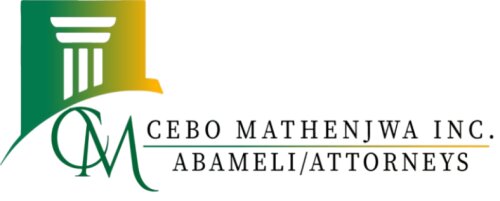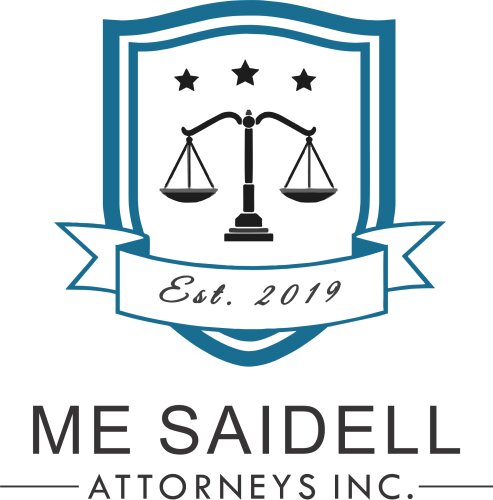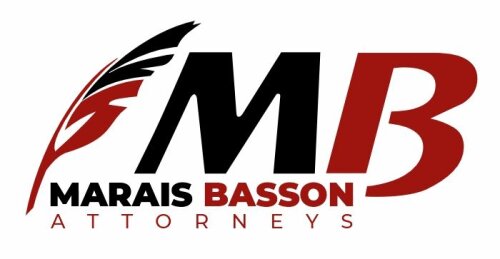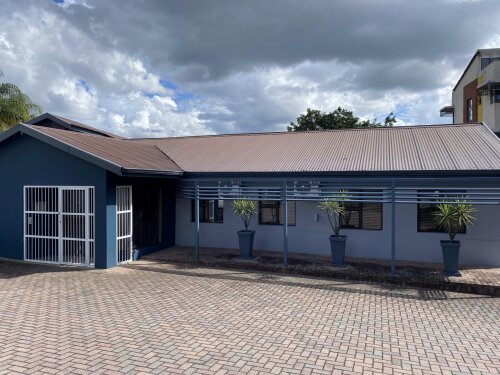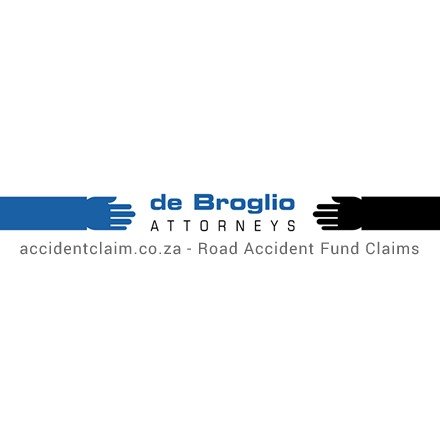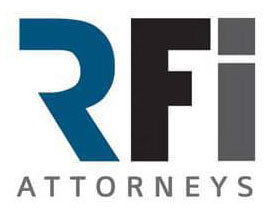Best Property Damage Lawyers in Johannesburg
Share your needs with us, get contacted by law firms.
Free. Takes 2 min.
List of the best lawyers in Johannesburg, South Africa
About Property Damage Law in Johannesburg, South Africa
Property damage law in Johannesburg, South Africa, involves legal issues related to the destruction, impairment, or defacement of property, whether personal or real, belonging to another. This can include anything from minor damages caused inadvertently to major destruction resulting from natural disasters or deliberate acts. Property damage cases often require navigating complex legal frameworks and understanding both statutory and common laws. Whether you're dealing with a dispute with a neighbor, a claim against an insurance company, or damages incurred in a public space, being aware of the local legal landscape is crucial.
Why You May Need a Lawyer
There are several instances where individuals might seek legal assistance for property damage issues in Johannesburg:
- When an insurance company denies a claim or offers insufficient compensation for property damage.
- Disputes with neighbors over shared boundary structures or trees that cause damage.
- Damage caused by construction work or municipal operations.
- Vandalism or malicious destruction of property.
- Compensation claims following a natural disaster.
- Legal representation in court cases when the responsible party disputes liability or refuses payment.
A lawyer can offer guidance, negotiate settlements on your behalf, and ensure your rights are protected throughout the legal process.
Local Laws Overview
Property damage laws in Johannesburg are governed by a combination of national legislation and local bylaws. Key laws include:
- The National Veld and Forest Fire Act: Governs damage caused by fires, stipulating responsibilities and potential liabilities.
- Common Law Principles: Such as delict, which addresses wrongful and intentional damage caused to property.
- The Consumer Protection Act: Offers some protection for property damage resulting from defective or unsafe products.
- Local Municipal Bylaws: Can include regulations around building codes, zoning, and environmental considerations.
- Insurance Contracts and Law: Understanding the terms and conditions of insurance agreements is crucial in property damage claims.
Engaging with these legal frameworks can be complex, and understanding how they intersect with your specific circumstances is often best managed with professional legal help.
Frequently Asked Questions
What should I do immediately after my property has been damaged?
Document the damage with photographs and detailed notes, inform your insurance provider if applicable, and try to maintain records of any communications regarding the incident.
How is liability determined in a property damage case?
Liability is typically established by proving negligence or intentional wrongdoing on the part of the responsible party, unless otherwise covered under strict liability statutes.
What if the damage was caused by a natural disaster?
Compensation largely depends on the terms of your insurance policy. Review it carefully to understand coverage and limitations.
Are there time limits for filing a property damage lawsuit?
Yes, the Prescription Act in South Africa generally allows for a three-year period to bring a civil claim for property damage. Check with a lawyer for specifics related to your case.
Can I claim for emotional distress due to property damage?
Claims for emotional distress are rare and challenging to prove in property damage cases, but it's not impossible if significant impact can be demonstrated.
What if the responsible party refuses to pay for the damages?
You may need to take legal action to enforce payment, which typically involves filing a lawsuit where a court can compel payment.
Will my homeowners insurance cover all types of property damage?
Coverage often depends on the policy details. Generally, damages from covered perils like fire or theft are included, but always verify with your insurance provider.
Do I need a lawyer to negotiate with my insurance company?
While not mandatory, having a lawyer can be beneficial to ensure fair negotiation and maximize claim outcomes.
Can I sue the city if municipal work causes damage to my property?
It is possible, but claims against municipal entities must follow a specific process and are subject to certain legal protections and limits.
How can I protect my property from future damage?
Consider preventive measures such as proper maintenance, strong insurance coverage, and ensuring that any vulnerabilities are rectified promptly.
Additional Resources
For individuals seeking more information or assistance with property damage issues, the following resources may prove helpful:
- Legal Aid South Africa: Offers assistance to those who cannot afford legal fees, including property damage cases.
- South African Law Society: Can help you find qualified legal professionals specializing in property law.
- The Offices of the Ombudsman for Short-Term Insurance: For disputes with insurance claims.
- City of Johannesburg Metropolitan Municipality: Provides information on local bylaws and permits.
Next Steps
If you require legal assistance with a property damage issue, consider the following steps:
- Gather all relevant documentation, including photographs, correspondence, and insurance policy details.
- Contact a lawyer specializing in property damage or general civil litigation to evaluate your case.
- Discuss the attorney’s fees, expected outcomes, and possible timelines for the resolution of your case.
- If eligible, reach out to local legal aid organizations for support.
- Consider mediation or out-of-court settlements as a first step to expedited resolutions.
Understanding your rights and options is crucial in navigating property damage disputes successfully.
Lawzana helps you find the best lawyers and law firms in Johannesburg through a curated and pre-screened list of qualified legal professionals. Our platform offers rankings and detailed profiles of attorneys and law firms, allowing you to compare based on practice areas, including Property Damage, experience, and client feedback.
Each profile includes a description of the firm's areas of practice, client reviews, team members and partners, year of establishment, spoken languages, office locations, contact information, social media presence, and any published articles or resources. Most firms on our platform speak English and are experienced in both local and international legal matters.
Get a quote from top-rated law firms in Johannesburg, South Africa — quickly, securely, and without unnecessary hassle.
Disclaimer:
The information provided on this page is for general informational purposes only and does not constitute legal advice. While we strive to ensure the accuracy and relevance of the content, legal information may change over time, and interpretations of the law can vary. You should always consult with a qualified legal professional for advice specific to your situation.
We disclaim all liability for actions taken or not taken based on the content of this page. If you believe any information is incorrect or outdated, please contact us, and we will review and update it where appropriate.




